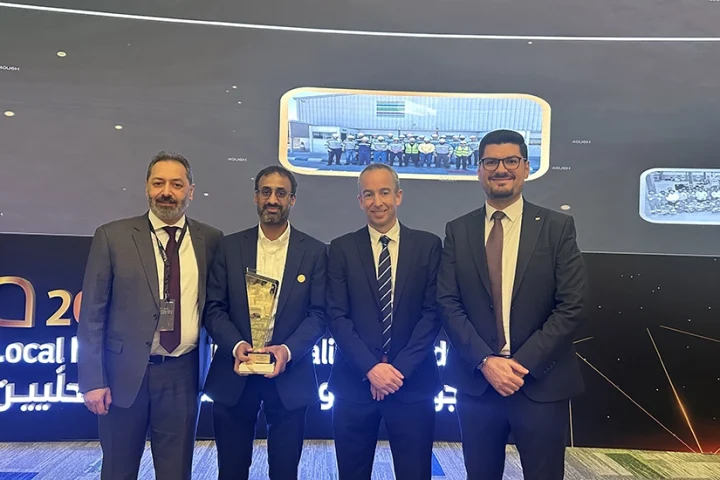Organisations need to elevate agility beyond a design principle and make it a true end goal, developed and integrated into the broader security strategy.
2020 saw many rapid changes on a global and regional scale as organisations attempted to adapt to a new normal caused by the pandemic. Not only did the pandemic force organisations to transform their networks to accommodate moving their traditional workforce to work from home status, it also forced cybercriminals to adjust their tactics as well. As businesses faced an unprecedented shift in operations, CISOs across all industries realised how important it was to rethink and refine their business continuity plans.
Amid this shift, there were significant developments seen across the cyberthreat landscape. As businesses deal with a new normal, there will continue to be a rise of new intelligent edges, which is about more than just end-users and devices remotely connecting to the network.
The pandemic has accelerated digital transformation and cloud migration efforts creating multiple edges that require protection. Fortinet’s security-driven networking approach continues to protect these edges, whether they are at the branch, cloud, data center, home, network or WAN edge. The financial results for the third quarter ended September 30, 2020 reported strong performances by our offerings.
According to Q3 2020 Financial Results, Secure SD-WAN billings more than doubled year-over-year in the quarter and represented over 10% of total billings. An SD-WAN solution provides significant advantages for remote workers, especially during times of rapid transition. It is not only an ideal solution for branch offices, but can also be deployed to support power users, such as remote IT technical support, emergency support teams, and executives who need secure access to a wide range of network services, including corporate finance and other sensitive data.
Throughout the pandemic, cyber threat actors have not let a single opportunity slip by. They have preyed on fear and concern around COVID-19 with phishing attacks while also capitalising on security flaws within the remote workforce. There are plenty of lessons to be learned from the attacks that have been executed, ones that will shape the direction that organisations take regarding cybersecurity for years to come.
A key learning is that the importance of due diligence cannot be overstated. While some may argue that too much caution is counterproductive, it is far less counterproductive than having your entire company grind to a halt. Security implemented after the fact is never as fast and effective as security woven directly into the technology while still on the drawing board.
Organisations need to elevate agility beyond a design principle and make it a true end goal, developed and integrated into the broader security strategy. And because humans will still remain the weakest link in an organisations’ security chain, cybersecurity user awareness training also continues to be crucial.
Each individual should be able to understand the role they play in protecting your network – something that only comes with training. In many ways, the pandemic provides a valuable learning experience, even once businesses begin the slow process of reopening.
Fortinet has also implemented a remote worker policy according to local order guidelines and taken many other cautionary steps. The pandemic has also raised the need for Need for Remote Worker Security. The transition to the teleworker model opens users and companies up to a myriad of security threats including malware, all forms of phishing attacks and many more.






















